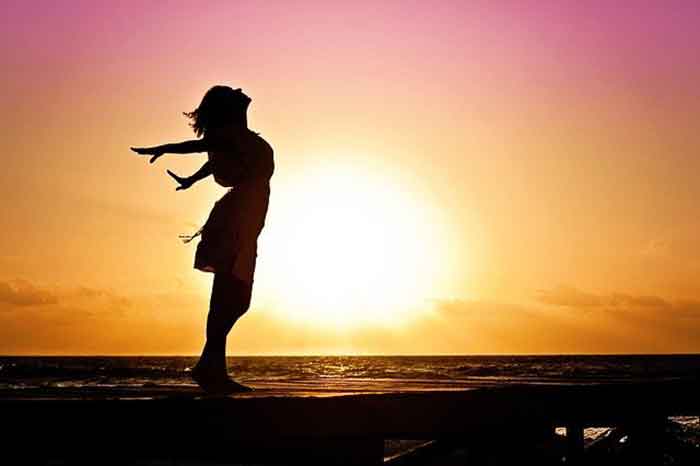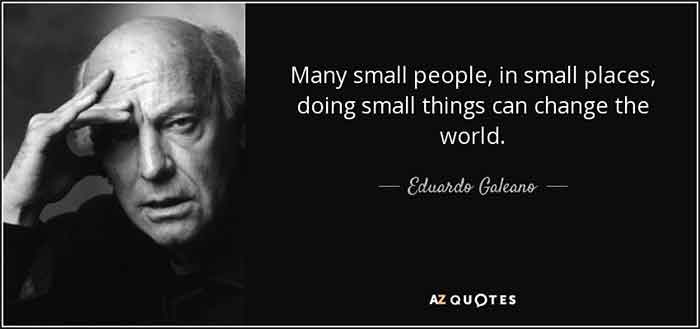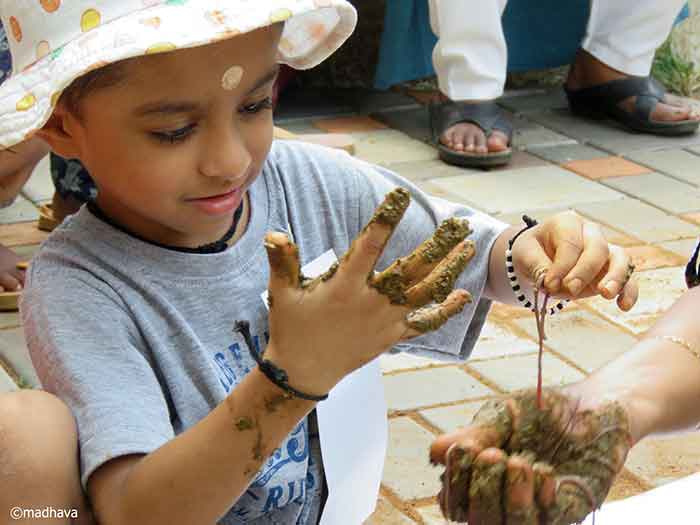
Can the world be changed in any fundamental way or not? Will the methods one uses to change it end up doing more harm than good? Should one mind one’s own business or make the problems of the world one’s own too?
These were some of the questions at the core of a debate I had over four decades ago with my father, a professor of physics in a university set in a small town in central India. With his passing away recently, these questions floated up once again in the flood of memories that came to me, with no certain answers to them even after all these years.
My contention then as a young man of 16 years or so was that the world was unjust and there were many things wrong with it, that could and should be set right. Material poverty and inequality in particular, I argued, were completely unjustified and the cause of needless misery. I wanted to do something that would bring radical transformation and build a better world without injustice, oppression, pettiness and hatred.
My father agreed with my analysis of the world as an unfair place but felt it could not be changed in any lasting way because human beings would always find a way of screwing up the noblest of systems. Besides, how could I be so sure that the methods I used to change the world would be beneficial and not make things worse than they already were?
History he pointed out was replete with many examples of religious, social and political movements that started out with the best of intentions but ended up in great conflict and bloodshed without delivering the promised land of milk and honey. A safer path according to him was to stick to one’s immediate concerns of earning a livelihood and running a family, while maintaining high standards of personal ethics and integrity.
Later I realized, this was advice typically given by many middle-class parents around the world to their rebellious offspring. In my mid-teens though it was still a big challenge for me to overcome these arguments easily as I threw all my half-baked ideas of systemic political change and the need for revolution at him. To me it was unethical to stand by watch if injustice was being done to anyone, anywhere. None of this made any impression on him of course as he had perhaps seen many young men in this feverish state before.
Ultimately I had to tell him that I would rather pursue my own ideas and make my own mistakes than blindly obey him and blame him later if anything went wrong! He reluctantly agreed to that logic. Luckily for me my father was not authoritarian and preferred to reason it out with me and when I was not convinced allowed me to go the way I wanted.
Over the years I more or less did whatever I wanted, within the constraints of my own intellect, courage and of course the context I was in. And I did make many mistakes in my life too, but they were all entirely my mistakes and I am very happy I have not had to blame anyone else for them at all.
I joined a left political party at the age of nineteen and after a few intense years quit as I could not accept their ideological rigidity or opportunism when it came to making the right political choices. I then hobnobbed with a couple of other parties, both from the left and centre, but while they had their relative merits – there was always a good gap between ideas, ideals and action that left one disappointed.
For my livelihood I had to work as a journalist for many years though with no illusions about the nature of the media industry. Finally I gave up working for the mainstream media too as the rot in the profession got worse with every passing year.
The last decade and half I have been working on public health because I thought instead of chasing change at the macro level I should focus on helping some specific individuals directly and in tangible ways here and now. While this brought some small satisfactions, health is such a political issue that I have concluded nothing is going to change on this front without a bloody revolution. In other words I am today back to where I started four decades ago, but with more doubts than I had then!
Reflecting on all my debates with my father now, I realize that changing the world for the better requires a far more nuanced approach than I was aware of as a young man. I still believe that structural changes are both possible and needed, whether in terms of resource distribution or social power relations. An understanding of the world through the lenses of history and ecology is also essential. And yes, the idea that humans have the agency to make a difference to all these larger processes in a constructive way is also true.
However, the idea of ‘big systemic change’ as a kind of panacea to the problems of human societies is simply not enough on its own. Once one has a reasonably good grip on ‘what is to be done’ the question of ‘how it should be done’ is equally important. Far too often, political ideologues have reduced the stupendous task of changing society to a problem of mere engineering – like Archimedes they claim ‘Give me the right lever and I will move the Earth’.
The fact is that, when it comes to human societies or any ecosystem with living organisms the methods of engineering do more harm than good. This is for the simple reason that the techniques of this discipline are suited only to the manipulation of dead objects – brick, mortar, steel or plastic. Engineering processes inevitably end up killing something in what is sought to be changed.
Living, sentient creatures – whose basic attribute is unpredictability- are better approached with the methods of agriculture, organic agriculture to be specific. All this requires constant alertness and paying attention to whatever is needed in the present, which is always tough to do.
As my father would often say, applying the laws of thermodynamics to personal philosophy, ‘Life itself may be irreversible but an efficient life is one where you do things that are reversible’. Somewhat echoing the Buddha’s wisdom he rejected the idea of permanence of any kind, even if it was the very seductive idea of bringing about permanent change for the common good.
For me today, the impermanence of change is not a deterrent at all. Since we human beings are transient creatures ourselves, even temporary transformations are a step forward for the better. The best approach is to accept the ephemeral nature of everything around us and still strive for improvements, without getting cynical about the world.
A very important lesson I draw from my father’s life though, despite many differences of opinion with him about the world itself, is that change is meaningless if it is achieved without sticking to good, ethical processes. No new system, however lofty its aims may be, can work if those running it are not genuinely good people also. All the cleverness and articulation in the world is simply no substitute for just common decency, sincerity, generosity and a good heart – some of the rarest qualities in the world we are in right now.
The challenge today for all those wanting to change the world for the better, like perhaps throughout human history, is to muddy one’s hands while also maintaining the purity of one’s soul. Not an easy path, but perhaps the only one worth travelling on.
Satya Sagar is a journalist and public health worker who can be reached at [email protected]
SIGN UP FOR COUNTERCURRENTS DAILY NEWSLETTER














































